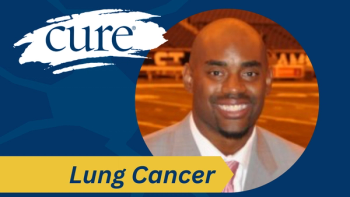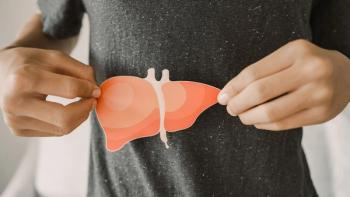
Survivorship research
Every other year, the leading cancer survivorship researchers gather to share information on the needs of those who have gone through cancer and are working to live the remainder of their lives with health and joy. Supported by the ACS, NCI, LIVESTRONG, and the CDC, the 2014 meeting has brought attendees from some 30 foreign countries in addition to leading researchers in the United States. Since its beginning in 2002, in addition to almost doubling the attendees, the meeting has added a patient advocate component that shows active survivors how to advance their causes. The subtitle of the meeting is Advancing Survivorship through Multilevel Collaborations and includes researchers who provide the critical evidence to drive change, the health care providers who care for the patients, and the patients themselves. Changing how patients are treated, particularly when there is no component involved that will make someone money, is like trying to turn the Titanic in the middle of the iceberg field. Or as one presenter said, "We don't have a health care system, we have a payer system."But the ongoing research gives validity and power to those who fight for us, whether we are living past treatment, have chronic cancer or live with metastatic cancer. The discussions ranged from the challenge of smoking, financial burden, employment issues, older Americans, underserved populations, and caregiver issues, among others. I am particularly interested in the caregiver issues. In the past decades, as cancer has become an outpatient disease, it is possible to be diagnosed, treated, live or die without ever being in the hospital. But who said the caregiver wants to be in the role of nurse and who said they are competent? And what if the caregiver does not understand or cannot comprehend the role of caring for someone? A study I read recently talked about caregivers having severe depression and today a speaker from the Institute for the Study of Cancer Caregivers at Memorial Sloan Kettering Cancer Center touched on the subject. Studies from the Institute have shown a number of outcomes. For example, we now know that during survivorship, caregivers are more prone to distress than patients. There will be lots more on this meeting in the upcoming issues of CURE.




